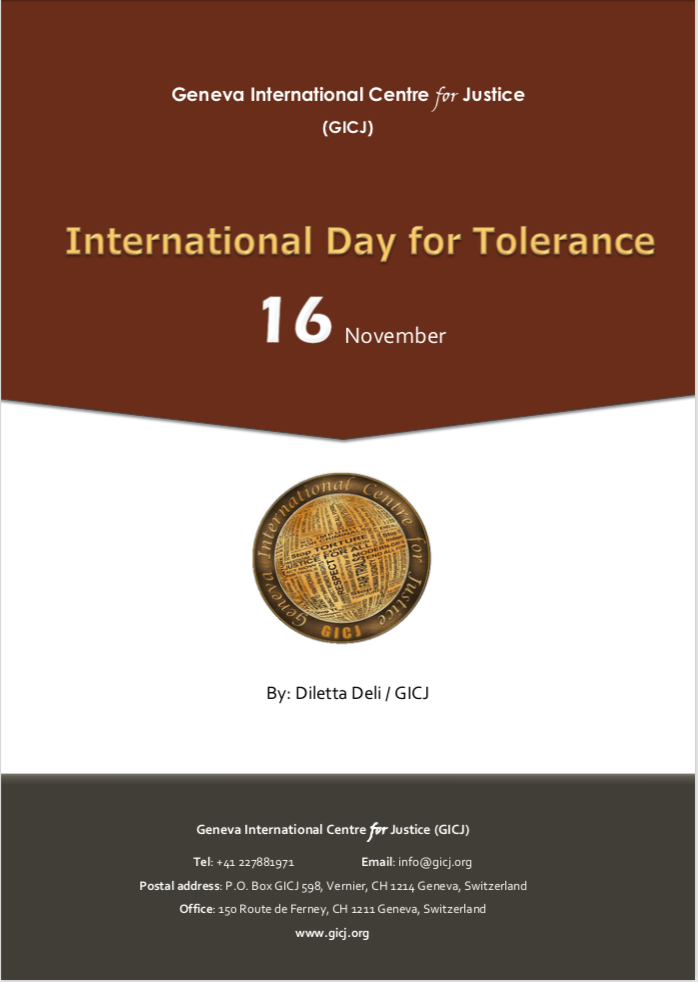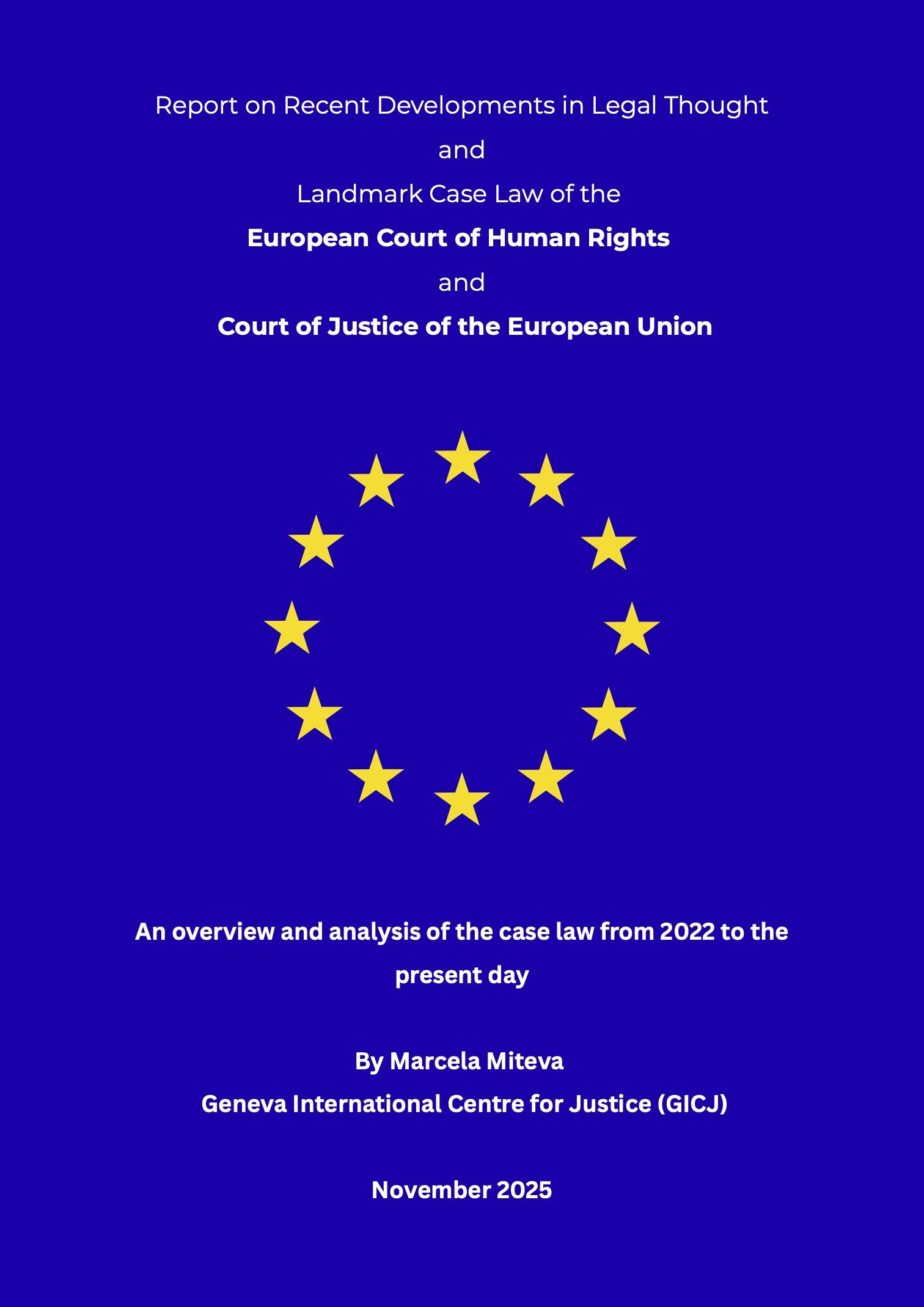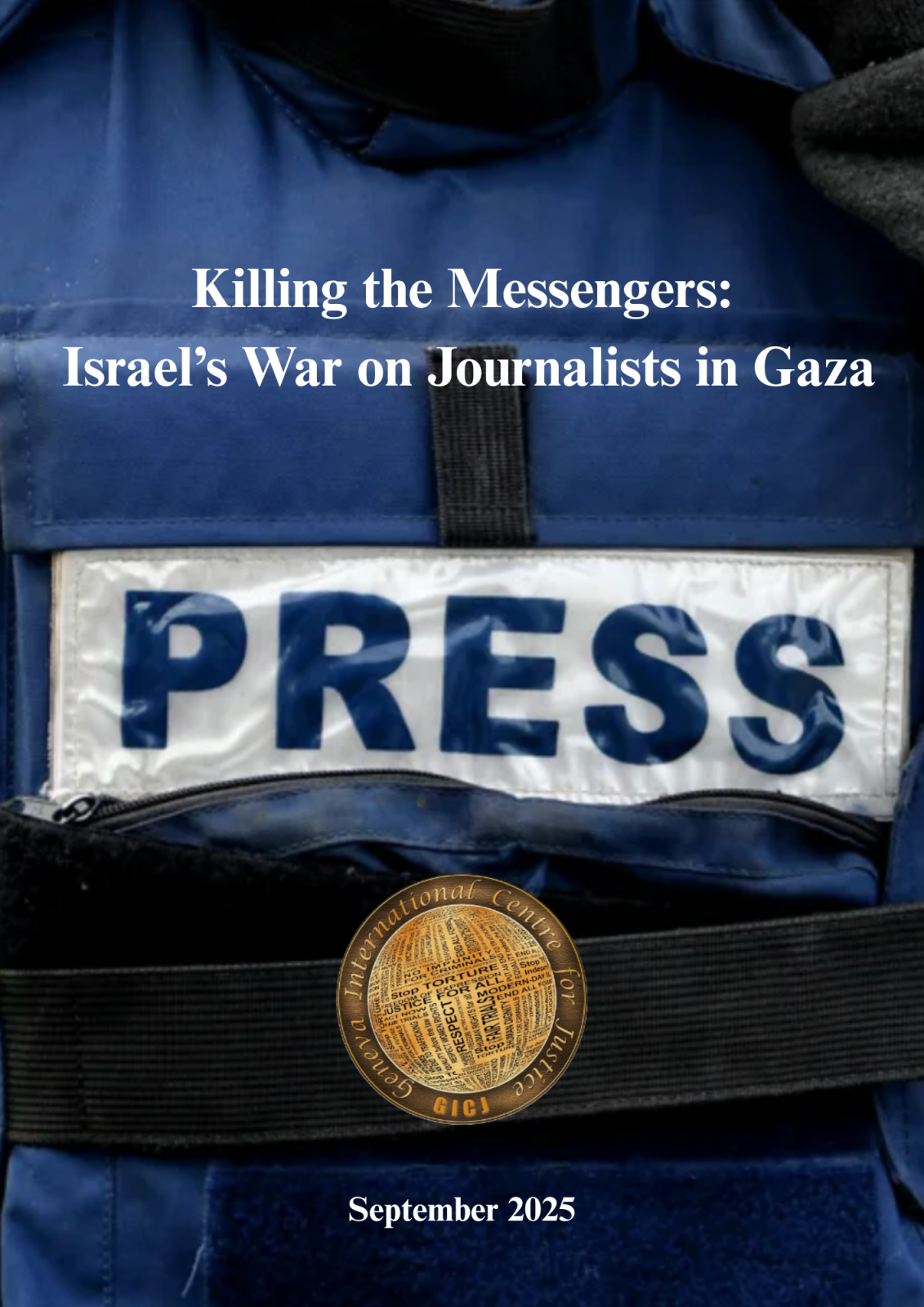By Diletta Deli/ GICJ
On the 16th November each year, the International Day of Tolerance is celebrated to educate people about the need for tolerance in society and to help them understand the negative effects of intolerance. The day is meant to promote mutual acceptance and understanding, both of and among different communities and groups. It is a time for people to learn about respecting and recognizing the rights and beliefs of others, as well as a time of reflection and debate on the negative impact of intolerance.
In 1996, the UN General Assembly invited for the first time Member States to observe the International Day for Tolerance on 16 November, with activities directed towards both educational establishments and the wider public (resolution 51/95). This action came in the wake of the United Nations Year for Tolerance, 1995, proclaimed by the General Assembly at the initiative of UNESCO in 1993 (resolution 48/126). Since then, to mark this day, every two years UNESCO awards a prize to any institution, organization or person promoting in a particularly meritorious and effective manner the spirit of tolerance and non-violence through activities in the scientific, cultural, artistic or communication field.
The commitment of strengthening tolerance by fostering mutual understanding among cultures and peoples is an imperative that lies at the core of the United Nations Charter as well as the Universal Declaration of Human Rights, and is more important than ever in this era of rising extremisms and widening conflicts.
Since 1996, every 16 November live discussions and debates take place across the world, promoting tolerance and sensitizing public awareness about the various forms of intolerance that negatively impact our societies. Activists and NGOs use this day to speak out on specific human rights violations, including those with regard to hate crimes and discrimination against minorities. Companies and firms organize special training programs, talks and events, or disseminate messages from workplace leaders about the importance of tolerance.
On the acknowledgement of this International Day of Tolerance, Geneva International Centre for Justice (GICJ) reiterates the importance of using all available means to condemn and prevent all forms of intolerance, as well as to spread awareness of the principles and practices of tolerance globally. In a world ridden with extremism, societal injustice and conflict, policies and laws devoted to spread the principles of tolerance should be a key priority.
Therefore, GICJ urges States and citizens to do all they can to spread awareness of the principles of tolerance, work towards better assimilation of such principles in societies across the world, and fight against contemporary challenges to tolerance on a national and international scale.
Specifically, GICJ suggests those in positions of authority the following recommendations:
- Adopt a comprehensive definition of intolerance in the national legislation, implementing policies aimed at promoting diversity and condemning any form of discrimination.
- Increase the funds and the efforts toward awareness campaigns of the principles of tolerance both at the national and international level, promoting the establishment of counselling centers and supporting activities designed for the fight against intolerance.
- Include in the national education curriculum classes focused on teaching students about diversity and multi-culturalism, promoting tolerance, freedom of opinion and peaceful coexistence in society since early childhood.
Read the full report by clicking on the picture below:










